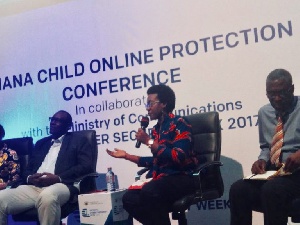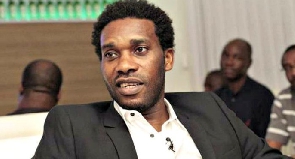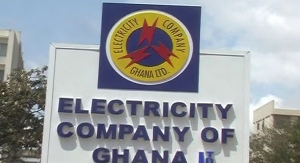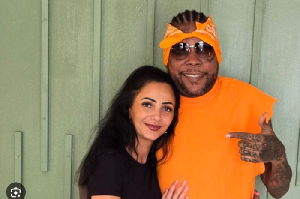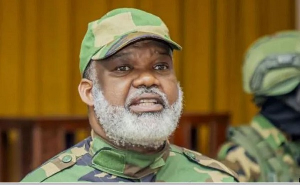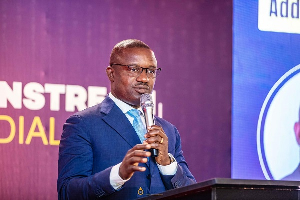Child online protection advocates, J. Initiative, is calling on government to institute a rigid child online protection regime to protect children on the Internet.
According to them, the digital illiteracy in the country requires an appropriate Government led action backed by technology industry procedures and appropriate legislation to provide a child friendly system for its citizens online.
In 2015, government initiated a campaign to make the Internet a safe place for all especially children and young people who find the resource a very useful tool.
Government with the support of J Initiative subsequently released images that contained information and advice for young people who use the Internet.
The intervention provided by government was to help develop guidelines for children, parents, teachers and government to promote a better surfing experience for children and young people.
The Ministry of Communications set up the 27-member steering committee to provide a national framework for online child protection by working with other stakeholders to create mechanisms that would prevent the abuse of children on the Internet by adults.
The committee, chaired by the Chief of Agomeda, Nene Nagai Kassa VIII, and whose members were drawn from state institutions, ministries, departments and agencies (MDAs), civil society organizations (CSOs), professional bodies and the security services, was required to create mechanisms to safeguard the children from bad content on the Internet.
But three years on, J. Initiative believes Government has to do more in the area of reporting, technical procedures and legislation in order to protect children online.
"Digital Literacy to a young person is the ability to identify, use technology confidently and creatively in order to be effective at meeting the demands and challenges of living, learning, communicating and working in a digital society," the statement said.
A curriculum review done by J Initiative into the ICT syllabi of the Ghanaian schools has revealed the skills being taught in public schools in Ghana do not and cannot adequately prepare the Ghanaian child for the future as may be the case. "Each time in our work, we try to get our audience to understand that you will be doing your child a lot of harm if you treat their protection in the digital world differently from the physical because the same measure of protection and even more is what is required in the digital world," they revealed.
The Organization believes the Internet has a role to play in the health and wellbeing of children and young people and thus, it is important any lesson on these subject matter takes into consideration the literacy and citizenship in order to build the learners holistically for the future.
In furtherance of that, the organization says it is saddened by the number of young people engaging in what is called high-risk behaviours (such as sending out personal information to strangers or talking online to strangers about sex) online which exposes the young person to online sexual solicitation leading and wants government to act with the speed of light to protect the children.
"The Internet-related sexual exploitation activities directly or indirectly result in offline situations of sexual abuse directed at children, therefore it is important children and young people are equipped with relevant knowledge and skills to be able to respond and react appropriately when situations occur online," the statement ended.
General News of Tuesday, 23 October 2018
Source: www.ghanaweb.com





